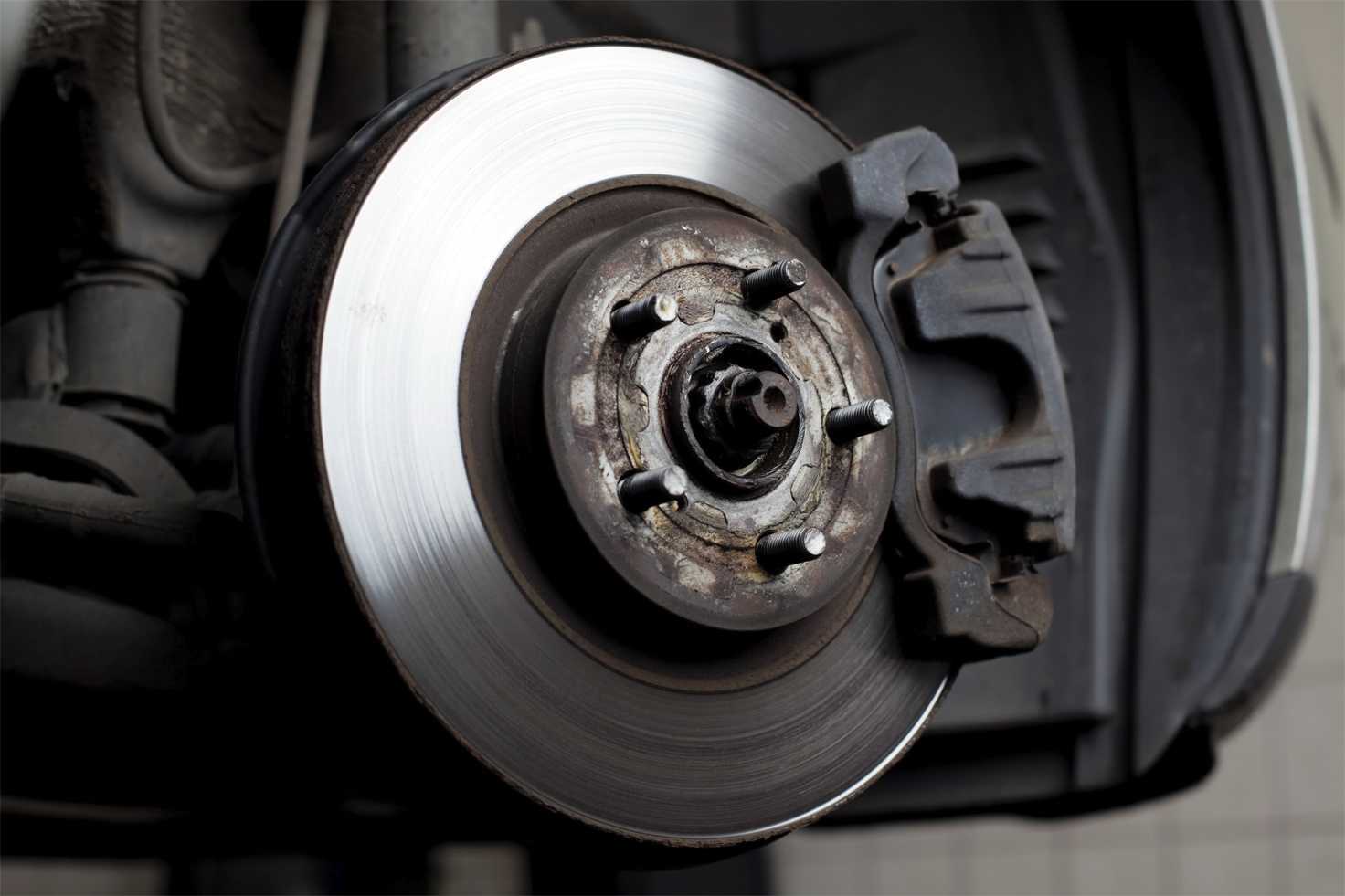News Information

Green Revolution: Plant-Based Friction Pads Launched, Environmental Performance Improved by 50%
2021-12-22
The friction material industry welcomes an environmental breakthrough! A domestic innovative company recently successfully developed the world's first plant-based eco-friendly friction pad. This product uses renewable plant fibers to replace traditional asbestos materials, not only significantly reducing environmental pollution but also improving the overall performance of the friction pad by 50%.
This innovative product was jointly developed by Nanjing Green Material Technology and a team from the Chinese Academy of Sciences. It is based on renewable plant materials such as bamboo fiber and hemp fiber, and uses nano-modification technology to enhance the material's wear resistance and heat resistance. Test data show that the new plant-based friction pads outperform traditional products in braking efficiency and thermal stability, while reducing carbon emissions during production by 60%.
"We have overcome the technical bottleneck of plant fibers easily carbonizing at high temperatures," said the project leader. "Through a special impregnation treatment process, the plant-based friction pads can maintain stable friction performance at high temperatures of 400°C."
This product can naturally degrade after its service life ends, avoiding the environmental pollution caused by traditional asbestos friction pads. Currently, this technology has passed comprehensive testing by the National Friction Material Quality Supervision and Inspection Center and has obtained the China Environmental Labeling Product Certification.
Industry experts point out that with increasingly stringent global environmental regulations, plant-based friction pads are expected to become the mainstream direction for the next generation of friction materials. The first batch of products will be applied to braking systems of electric vehicles and shared bicycles, with large-scale mass production expected next year. This innovation not only promotes sustainable development in the industry but also adds new green competitiveness to Chinese manufacturing.







